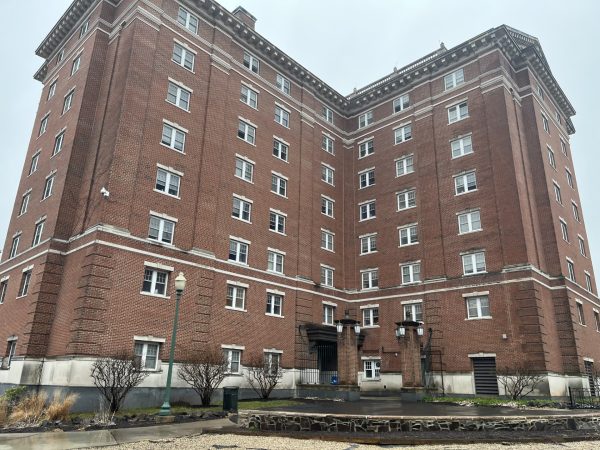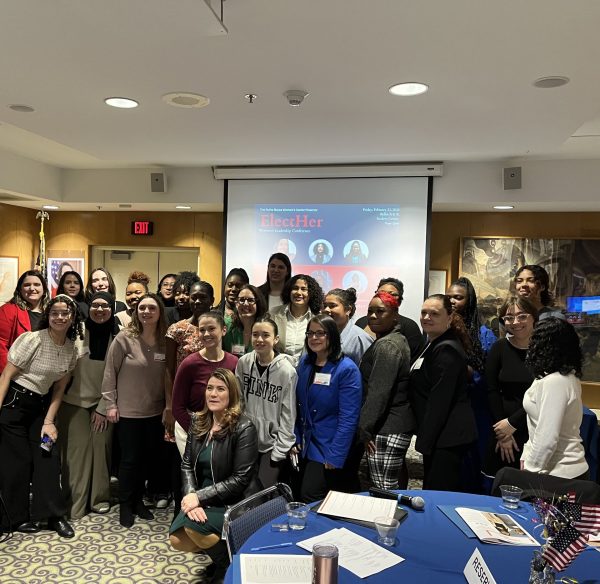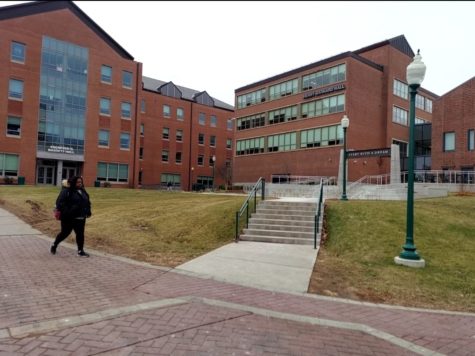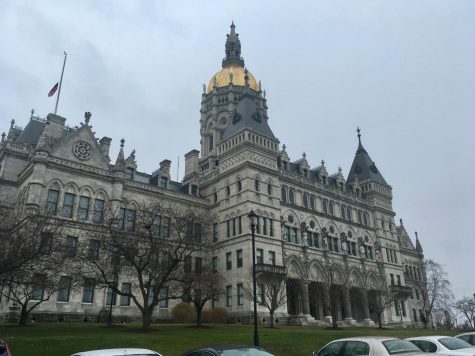New Britain Looks Towards Lowering Opioid Epidemic
October 24, 2019
As the death toll from opioid overdoses continues to rise across the country, New Britain and its Mayor Erin Stewart continue to work towards lowering it.
New Britain is fifth on the list of Connecticut municipalities with 21 deaths in the first half of this year, which puts them at pace to nearly equal last year’s total number of deaths of 43.
To combat this ongoing issue, Stewart and New Britain joined other Connecticut communities in launching the H.O.P.E Initiative (Heroin/Opioid Prevention & Education).
The purpose of the H.O.P.E Initiative is not to increase incarcerations due to drug use, but rather help those abusing them get the help they need to fight and cure their addiction.
“We know we can’t arrest our way out of the problem,” Stewart said. “So what we do is instead of arresting them, we’re giving them resources.”
There have already been a total 544 overdose deaths in Connecticut in the first half of the year, per a report from the state Office of the Medical Examiner, with 94 percent of them involving opioids.
With the H.O.P.E Initiative, the way the police handle drug addicts has changed, Stewart said.
“We give them a little card to call, and when they go to the hospital they’re given first access to a treatment bed instead of going to jail,” Stewart said. “That’s just a better outcome I think for everyone.”
The program has been a positive for the city thus far Stewart said, connecting 24 residents with addiction services in its first three months.
“I think it’s a fantastic idea that our community is taking a proactive approach to opioid abuse,” Aldermen Robert Smedley said. “It’s a huge problem from our youth down to our adults. The faster we can get this stuff out of our streets, the better for our community.”
Stewart also created the New Britain Opioid Task Force in January to help get the drug off the streets.
Stewart and the Task Force have one goal for the program: “By 2021 we want to reduce the opioid deaths in town by half,” Stewart said.
As for plans going forward in the city, Stewart’s hands are somewhat tied on the matter.
“We have to create a pipeline from the police to the hospital to the treatment centers,” Stewart said. “The problem is, there’s not enough treatment centers. Unfortunately, there’s nothing really that I can do about that except advocate to the state that they need to make more beds available.”













